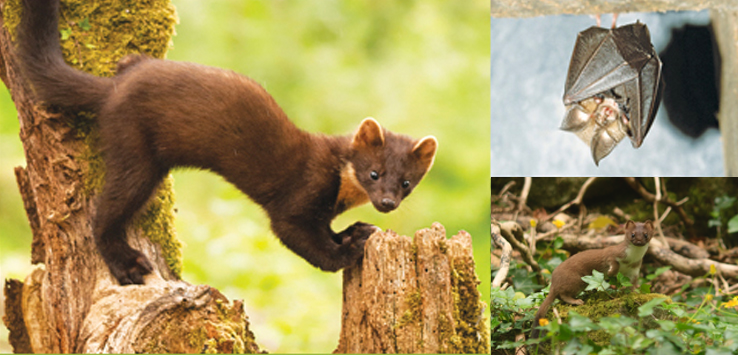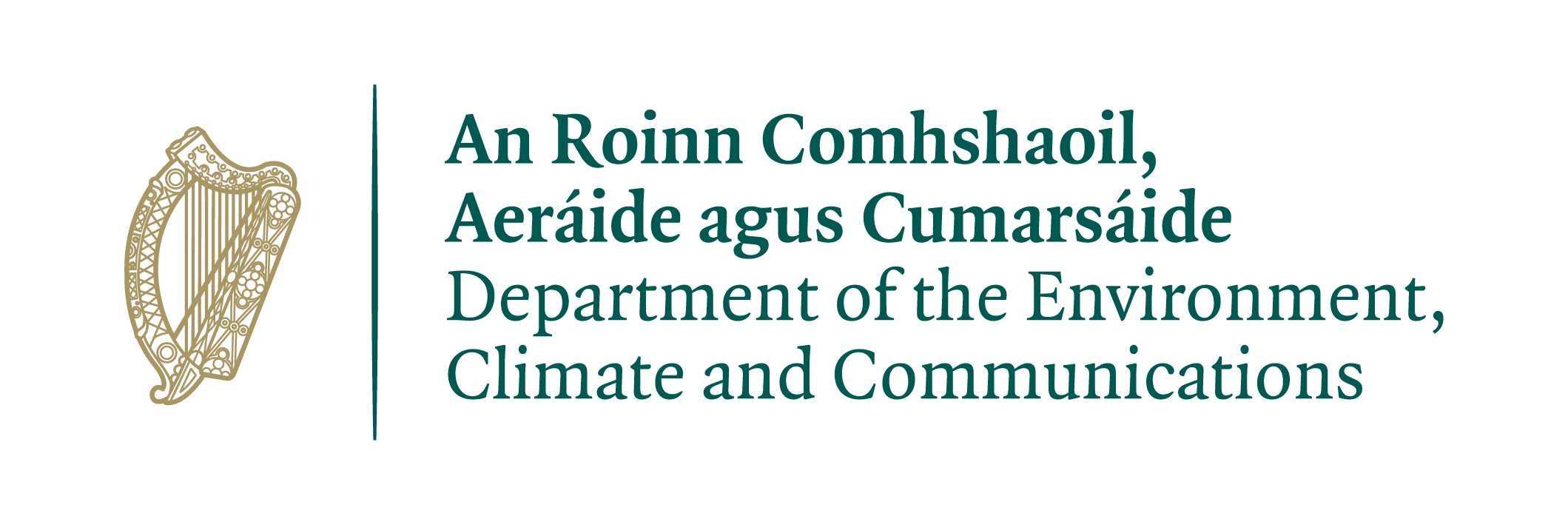Blog
-
Can genetics help us uncover the secret life of Bechstein’s bats?
1st June 2020It is well known that bats are unique amongst mammals. Their ability to fly has allowed them to establish themselves in most continents and habitats, with the exception of Antarctica. Bats have also evolved a distinctive ability among land mammals to use echolocation as a tool for orientation. Both adaptations have allowed them to take Read More
-
A team effort: searching for the elusive barbastelle – PhD Student Blog
20th May 2020Last year, I started my PhD at Sussex University in collaboration with Vincent Wildlife Trust, to study one of Britain’s rarest mammals, the barbastelle. Considered to be ‘near threatened’ by the International Union for the Conservation of Nature, as well as being an Annex II species (meaning it has special areas of conservation designated to Read More
-
The Irish stoat and the Mostela
7th May 2020I was just a few weeks into my Master’s degree in Ecological Management and Conservation Biology at Queen’s University Belfast when we were advised to start thinking about our work placement for the following summer. After class, I decided to call Kate McAney, Head of Conservation Development for Vincent Wildlife Trust in Ireland, to see Read More
-
A new vision for the critically endangered European mink
27th January 2020VWT has been working with partners in Spain to trial innovative methods of detecting the presence of European mink, a critically endangered mammal. ‘I’m learning to think like a European mink!’ I call out to Harry, who is close by on the river bank. We are on the banks of the Rio Ebro in northern Read More
-
About the excitement of a lesser horseshoe bat call – Volunteer Blog
17th May 2019What has got me standing here, placing nets on the ground to collect Lesser Horseshoe bat droppings in a maternity roost on a mid-summer night? Fair question… Back to early 2017. Freshly arrived from France, I had decided to move to Galway out of the blue to find a job in ecology/nature conservation/animal protection. So, Read More
-
A return to Nietoperek
21st March 2019In January 1992, I made my first venture into the old states of eastern Europe with a bat visit to Poland. Over the previous three years, the communist bloc had started to break up, travel restrictions eased and opportunities were opened up to visit colleagues beyond what had been the Iron Curtain. I hadn’t been Read More
-
8th International Colloquium on squirrels
13th August 2018I was delighted last year to learn that the 8th International Colloquium on squirrels, an international gathering of squirrel researchers from around the world, would take place on my doorstep at the beginning of June 2018. OK, I admit I exaggerate just a little. I live 22km north of Galway city and the venue for the colloquium Read More
-
Q&A: Lucy Rogers and David Bullock
27th April 2018What kind of professional journey has led you to where you are today? Lucy: I have worked in both conservation science and conservation delivery and have always been interested in mammal ecology and conservation. I did a PhD at the University of Aberdeen in small mammal ecology on set-aside agricultural land, before working for the Read More
-
Going Wild in Galway
4th January 2018For the past two years Galway has gone wild…for wildlife! 2017 marked the second annual celebration of Galway’s wildlife as part of Ireland’s National Biodiversity Week, and thanks to our project being chosen as one of the two National Flagship events by the Irish Environmental Network (IEN), the funding we received meant this year was bigger Read More
-
Big Week on the Farm
26th June 2017In early March, we received a phone call from the producers of ‘Big Week on the Farm’ asking the VWT to take part in this year’s show to discuss the pine marten live on RTÉ One! The programme celebrates the start of spring every April, running nightly over the course of a week. There are Read More














